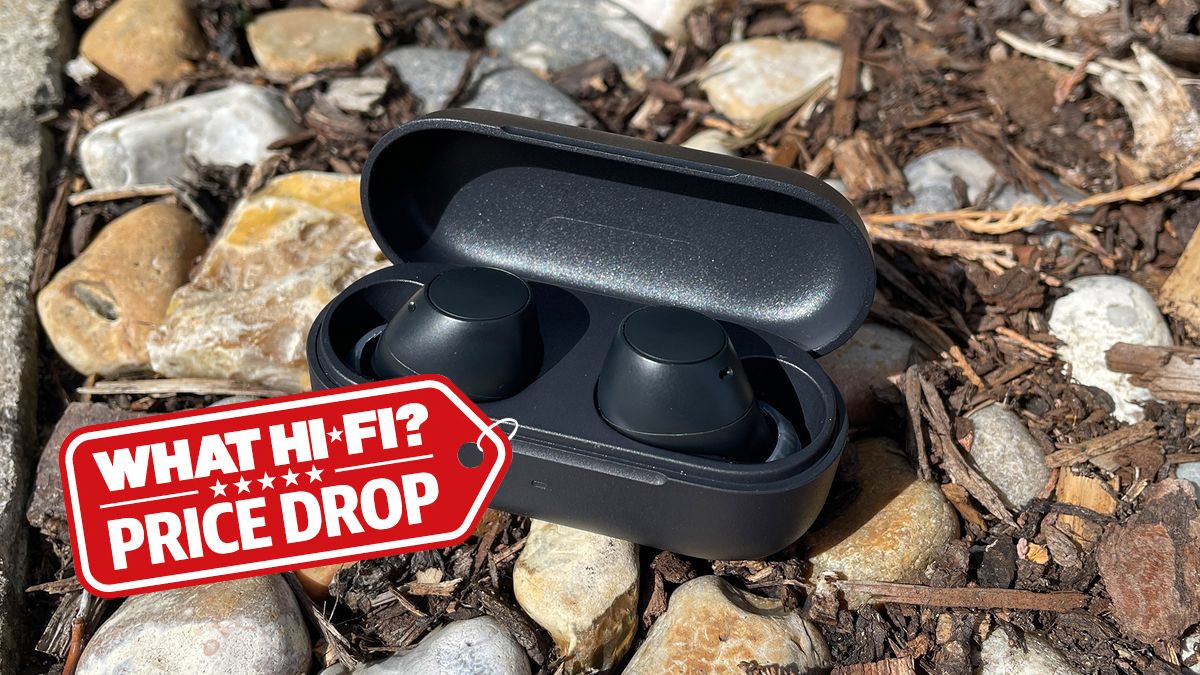BUDAPEST, Oct. 12 (Xinhua) — Sunday’s 40th Budapest Marathon set a new record with over 40,000 participants from 119 countries and regions, organizers announced.
“This year’s event is the largest mass sports gathering ever held in Hungary,”…
BUDAPEST, Oct. 12 (Xinhua) — Sunday’s 40th Budapest Marathon set a new record with over 40,000 participants from 119 countries and regions, organizers announced.
“This year’s event is the largest mass sports gathering ever held in Hungary,”…

The war in Gaza has ended and the Middle East is going to “normalize”, Donald Trump said on Sunday as he flew to Israel, which was waiting for Hamas to release Israeli hostages as world leaders were gathering to discuss the next steps toward…

An article by Dmitry Marinov, CTO of ANY.RUN, a UAE-based cybersecurity company
As the MENA startup ecosystem matures, cybersecurity has shifted from a back-office concern to a boardroom topic. With investors now demanding tangible proof of security controls—and not just compliance claims—founders must treat cybersecurity as a marker of operational maturity, not an afterthought.
In 2025, MENA startups face mounting pressure to align with both domestic compliance regimes (such as the UAE’s TDRA/NCA and KSA’s SAMA/NCA frameworks) and global investor expectations tied to ISO 27001, SOC2, and GDPR-like standards.
What’s new is that these aren’t just policies on paper — they now demand proof of practice. Startups are expected to demonstrate:
If just three years ago regional VCs rarely asked about security during due diligence, today investors and auditors increasingly treat this data as evidence of operational maturity, not just hygiene.
Still, the gap between what investors expect and what is happening on the ground has never been wider. In my incident response work across the MENA region, I’ve seen the same pattern repeatedly: startups with world-class products running on completely flat networks — all servers, workstations, and development environments on the same subnet with limited internal firewalls, no log retention beyond a week, and employees opening suspicious files directly on their laptops.
Becoming “security-capable” doesn’t require a fortune or a full SOC team. But it does require understanding what’s actually hitting startups in this region.
The most common types of attacks against startups in MENA
Startups everywhere face a standard set of cyber risks — phishing, ransomware, business email compromise (BEC) scams, and supply chain attacks. While Western attackers often aim to exfiltrate data at scale, many MENA-targeted campaigns are financially driven, delivering loaders like PrivateLoader or SmokeLoader as access points for ransomware groups.
Startups in the UAE and Saudi Arabia face disproportionately high volumes of commodity malware, rarely seen in ecosystems like those in the EU and the US. The region exhibits a distinctive flavour and intensity in specific vectors:
Common root causes and security blind spots in early-stage teams
The biggest misconception among startups is that security is a “scale problem”—something to worry about after product-market fit. In reality, security debt compounds like technical debt, and the longer you wait, the more it costs—in engineering time, customer trust, and valuation risk.
Attackers don’t wait for Series B funding. We’ve seen phishing kits and loaders hit within days of a product launch, especially in regions like MENA where sandboxing and logging practices are still maturing.
Investors are also asking earlier: by the time you’re raising your first institutional round, funds in Abu Dhabi or Riyadh are already requesting red-team reports and sandbox logs. The tipping point isn’t a breach — it’s your first customer. From the moment you handle user data or payment flows, you’re a target, whether you have 50 users or 50,000.
Across early-stage startups, the same weaknesses surface repeatedly:
A consistently overlooked mistake is lacking a safe place to open suspicious files. This doesn’t require a full-blown SOC or complex infrastructure — just a browser-based sandbox that lets your team safely detonate files in isolation.
Tools that enable this are easy to implement, yet many teams skip them entirely, assuming antivirus or email filters are “good enough.”
As a result, a single PDF or ZIP can slip through and trigger a compromise, especially where access controls are weak. Ultimately, it’s not just about detection — it’s about instilling a habit and providing a platform for your team to verify files before trusting them.
Practical security moves for small teams
Even without a dedicated SecOps function, early-stage startups can now reach higher levels of security maturity thanks to accessible, lightweight tools:
These practices don’t just close security gaps—they can also make a startup more credible to investors and partners. Keeping sandbox logs and IOC reports from suspected incidents shows that detection and response aren’t just aspirational.
A simple security whitepaper outlining key controls — identity management, backups, incident response — gives partners and investors clarity about how you operate. Regularly auditing third-party dependencies, especially open-source libraries, and pinning versions reduces supply-chain risk. And when your response plans are not only documented but also practised and version-controlled, it signals the kind of operational maturity investors value.
Five-step starter playbook for cybersecurity at a startup
Startups don’t need to build enterprise-grade security overnight, but a few foundational practices can make a dramatic difference in both security maturity and credibility.
These steps will not only reduce the likelihood of a breach but also build trust with users, speed up procurement, and make due diligence smoother when you’re raising capital.

Donald Trump and Egyptian president Abdel Fattah al-Sisi will co-host a summit of more than 20 world leaders in Sharm El Sheikh on Monday, after the US president first visits Israel to speak at the Knesset and meet families of the hostages.
The…

It seems good things really do come to those who wait! For the final day of its October Prime Day sale in Australia, Amazon’s unlocked an extra discount on the Award-winning Sony WF-C510 earbuds that brings them to their lowest ever price in…

Scientists have discovered a unique signature of chronic fatigue syndrome, also known as myalgic encephalomyelitis (CFS/ME), in the blood of patients with severe symptoms.
Using no fewer than 200 blood biomarkers, researchers at the…

What started as a social media experiment, writer/director/star Jon Fletcher has wrapped his feature debut The Dosage Makes the Poison.
Fletcher (who has acted on Bosch, The Rook, The Messengers) completed the seven-day shoot,…